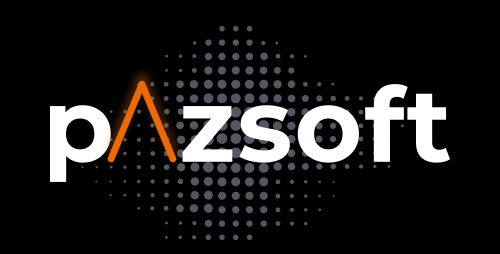Engagement Models

Traditional Services
Traditional services in a business context often refer to the core, non-digital services that companies have provided for years. These can range from customer service and support to manual testing, maintenance, and operations. Unlike digital or cloud-based solutions, traditional services might not leverage advanced technologies like AI or IoT but rely on established, time-tested processes and human expertise to deliver value to customers and ensure operational efficiency.

Managed Services
Managed Services encompass comprehensive, outsourced management of an organization’s IT infrastructure and operations. This approach ensures proactive maintenance, regular updates, and swift troubleshooting to optimize system performance and reliability. Managed Services providers offer expertise in network management, cybersecurity, cloud services, and end-user support, allowing businesses to focus on core activities while reducing operational costs and enhancing efficiency.

Cloud Services
Our Big Data & Analytics Testing service rigorously evaluates your data-intensive applications, ensuring they efficiently process and analyze vast amounts of data accurately. This service emphasizes validating data integrity, performance scalability, and analytical accuracy, providing you with a robust framework to make informed, data-driven decisions and enhance operational efficiencies.

In-House IT
In-House IT refers to the practice of an organization maintaining its own team of IT professionals to manage, support, and develop its technology infrastructure and services. This approach allows for direct control over IT operations, fostering deeper alignment with business strategies, and enabling customized solutions specific to the organization’s needs. However, it may involve higher costs due to salaries, training, and infrastructure investments compared to outsourcing options like cloud services or managed IT services.

Hybrid Model
The Hybrid Model combines in-house IT management with outsourced services, offering flexibility, scalability, and cost efficiency. It allows organizations to retain control over core competencies and strategic functions while leveraging external expertise and technologies for operational tasks. This model facilitates access to the latest technologies, enhances disaster recovery capabilities, and can adapt to changing business needs, making it a strategic choice for businesses looking to balance innovation with operational stability.
